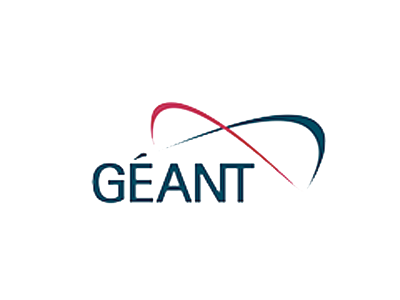
Maximizing the value of genomic data through secure transnational sharing
In 2018 a number of European countries launched the “1+ Million Genomes” initiative. Its goal is to make 1 million human genomes accessible in the EU by 2022. To accomplish this, the 20 signatory Member States and Norway have agreed to cooperate in linking genomic databases across borders.
Sharing more genomic data will provide a sufficient scale for new clinically impactful research that will improve our ability to understand and prevent disease. It will allow for more personalised treatments and targeted drug prescription, in particular for rare diseases, cancer and brain related diseases.
But a prerequisite for bringing together the fragmented European genome infrastructures is that the data they contain can be managed in a safe and secure manner. On top of building an infrastructure to store, process, and access data on such a large scale, you have to do it without compromising data security.
Privacy is crucial
Genomic data is private, and thus protected and controlled by strict data security and regulation, such as the GDPR. To comply with this regulatory framework you need to have a secure user ID management system in place, for electronic user identification and access rights management. And the solution has to be federated, so that a single identification with their home organisation’s login can provide researchers with secure and reliable access to a large number of closely protected data collections.
Recently the European infrastructure for life science information ELIXIR published a research paper proposing how European research infrastructures can be leveraged to facilitate transnational access to 1+ million genomes. The article outlines a roadmap identifying the challenges of data sharing across borders, not only inside the EU but also on a global level.
Challenges and recommendations
– Thanks to technological advancements in recent years, DNA sequencing is now affordable and has many applications, said Gary Saunders, Human Data Coordinator at the ELIXIR Hub, and lead author of the article, according to a news item published on the ELIXIR website.
– Our paper describes the challenges in storing and accessing human genomic data across national boundaries and promotes recommendations to support the application of these data to routine clinical practice.
The article argues that European research infrastructures like ELIXIR are well positioned to support rapid implementation of widespread genomic data access.
The Finnish ELIXIR node has contributed significantly to this by developing a number of services. Finland is one of the 21 European countries behind the “1+ Million Genomes” initiative, and the Finnish node of the European infrastructure for life science information ELIXIR is hosted by the Finnish research & education network CSC.
AAI and cloud services
As an example the Finnish ELIXIR Centre CSC has built the ELIXIR Authentication and Authorisation Infrastructure (AAI) together with its Czech counterpart. The ELIXIR AAI enables easy-to-use and secure electronic user identification and access rights management. Researchers who log in to the ELIXIR AAI service are able to log in to another 50 services connected to the ELIXIR infrastructure, and the number of services is rising steadily.
Also, CSC has developed cloud computing services for sensitive data handling, like the Pouta IaaS service and the Rahti container cloud service, both of which are made available to the ELIXIR user community. The services are hosted in Finland in data centres connected to the Finnish high-speed R&E network. Furthermore, CSC offers the open source platform for data analysis Chipster, for analysing high-throughput data. It contains over 400 analysis tools and a large collection of reference genomes.
Transnational healthcare research
According to the ELIXIR research paper “the 1+ Million Genomes initiative has the potential to develop a set of principles, tools, and training material that will pave the way for transnational healthcare research across the world – putting European research at the frontier of citizen-focused and patient-friendly clinical genomics.”
Furthermore the research paper argues, that the significant investment ELIXIR is making in developing services for secure cross-border data sharing is laying an important part of the foundation for a successful implementation of the 1+ Million Genomes initiative.
For more information please contact our contributor(s):


